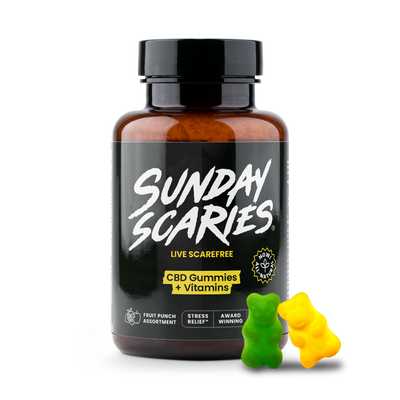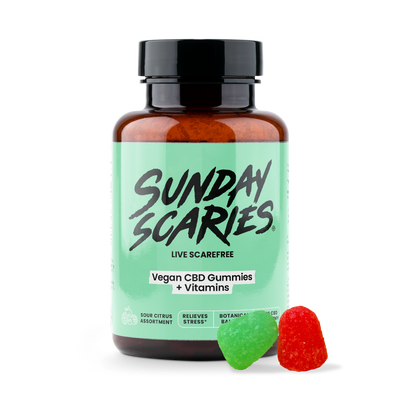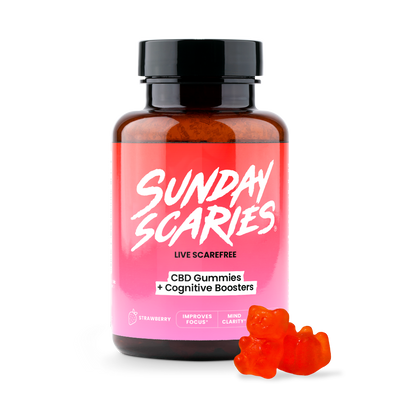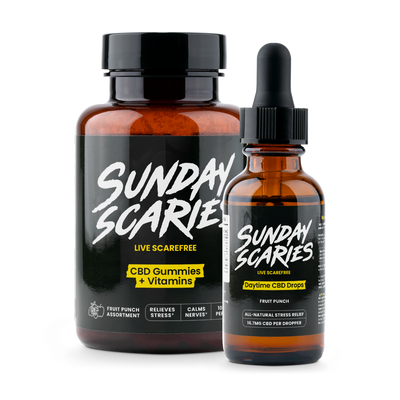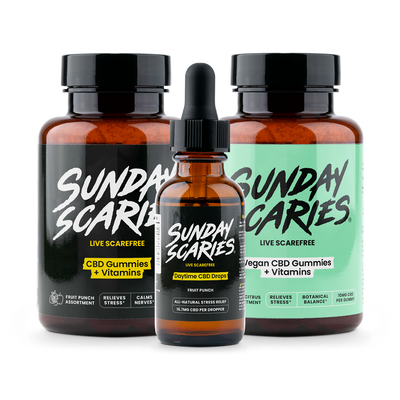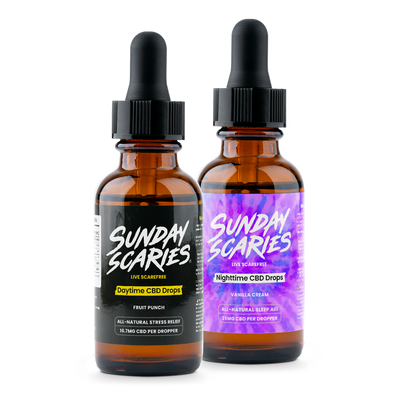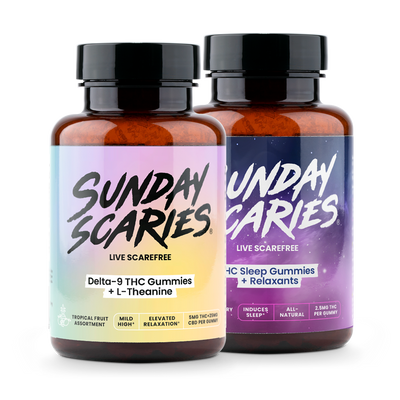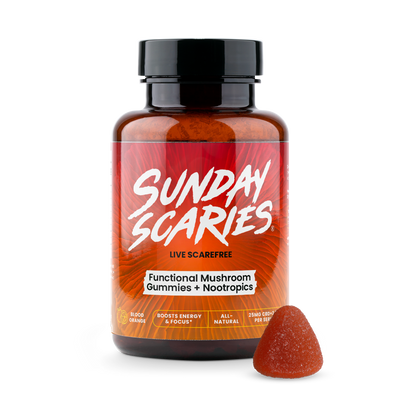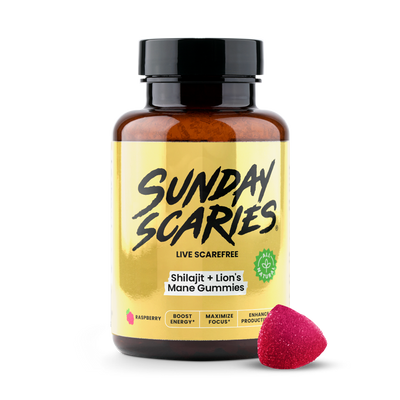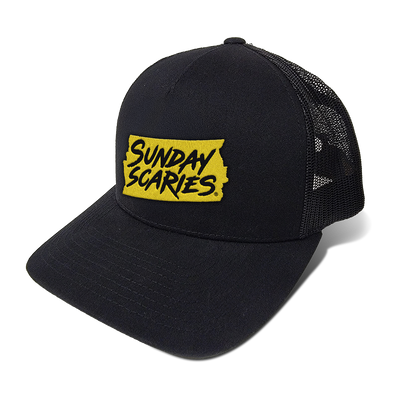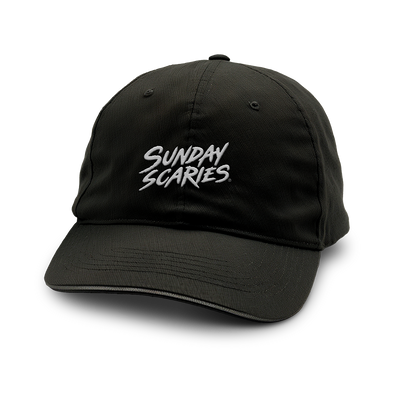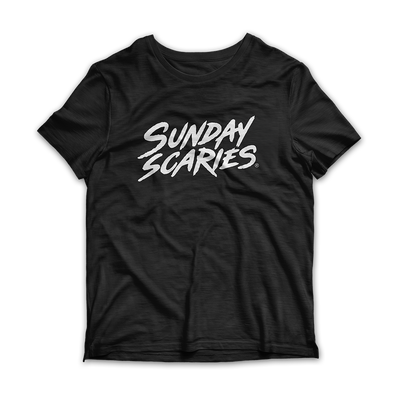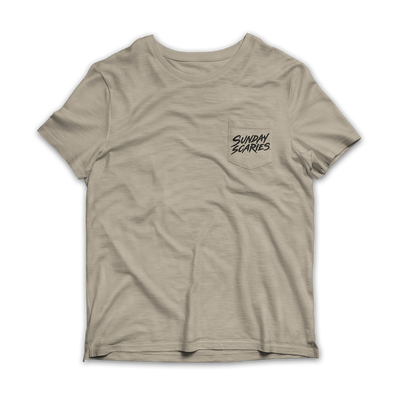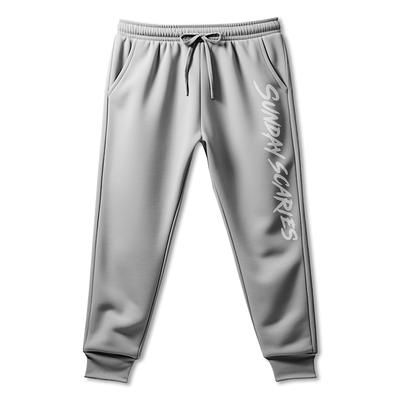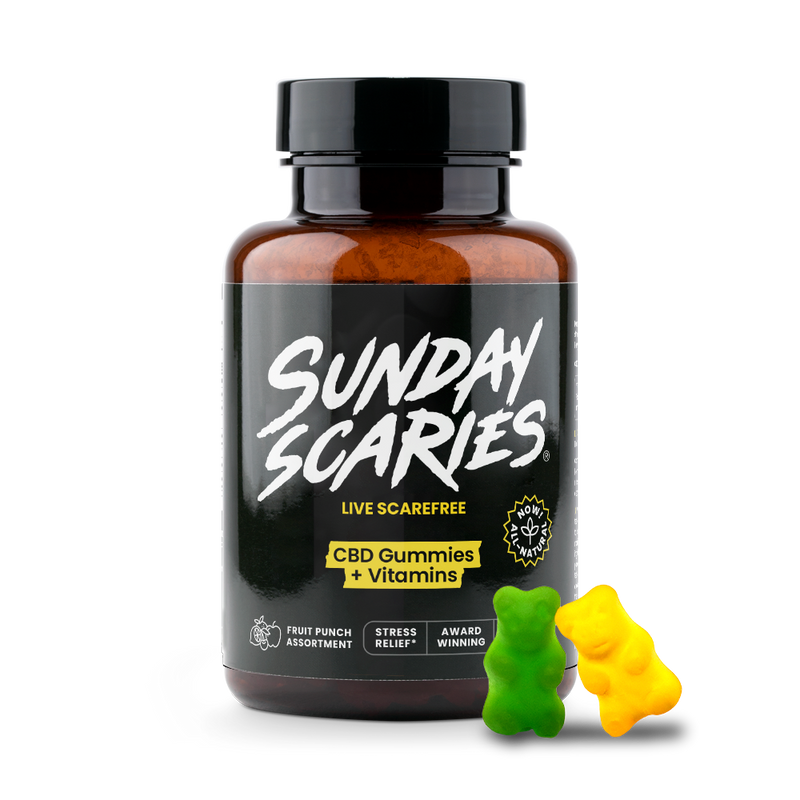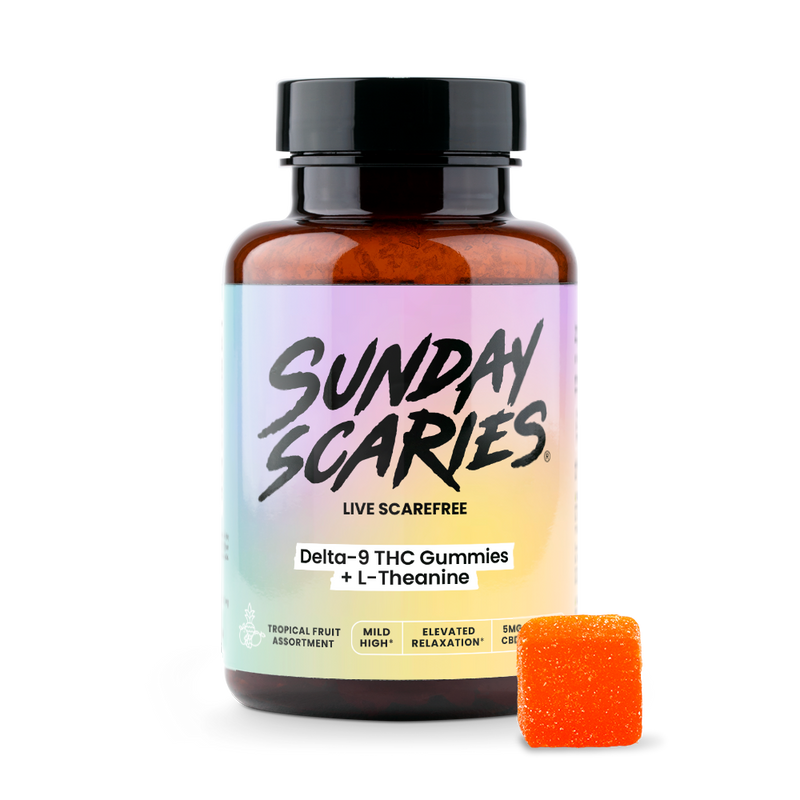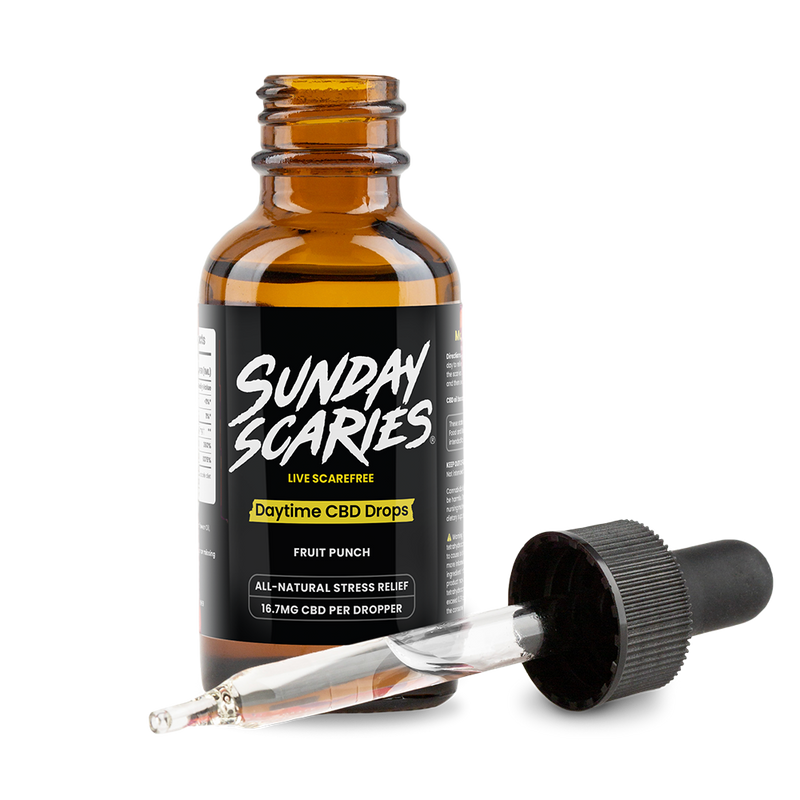
CBD vs THC: Unraveling Their Differences and Benefits
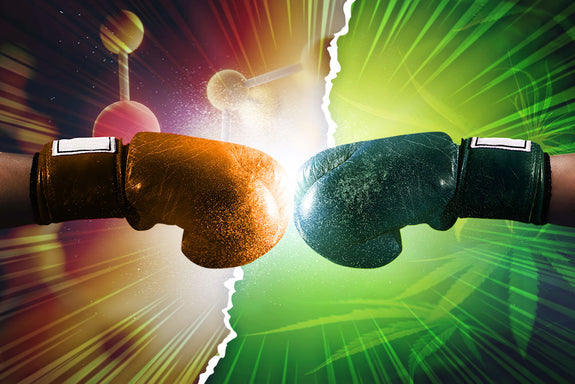
With the rising popularity of cannabis products, the world of CBD and THC can seem overwhelming and confusing.
Even cannabis industry veterans like myself have been confused with the differences between hemp and marijuana, the other cannabinoids found in the plant and the intricacies involved with CBD vs. THC.
So don't worry, it's not just you.
As society continues to explore the potential benefits and uses of these cannabinoids, it’s crucial to understand their differences, effects on the body, and legal implications.
In this comprehensive guide, I will unravel and simplify the mysteries of CBD vs THC, enabling you to make informed decisions when choosing between these remarkable compounds.
Key Takeaways
- CBD and THC are chemical compounds found in cannabis plants, with CBD being non-psychoactive and having potential health benefits while THC is psychoactive.
- Research suggests that a combination of the two (along with the other cannabinoids) may be most effective due to a theory known as the "Entourage Effect".
- Considerations when selecting between products include personal needs, product quality & labeling accuracy, benefits & risks. Consult healthcare professional before use.
Understanding CBD and THC

CBD (cannabidiol) and THC (tetrahydrocannabinol) are the two principal cannabinoids found in the cannabis plant, often used in complementary and integrative health practices.
While they share a similar chemical composition, their psychoactive properties differ significantly.
THC is known for its mind-altering effects and is the primary compound responsible for the “high” associated with marijuana use.
In contrast, CBD is non-psychoactive and has been linked to numerous potential health benefits. Unlike THC, you will not get inebriated when using the CBD products.
However, we should remember that THC is classified as a Schedule I controlled substance by the Drug Enforcement Administration (DEA), while CBD derived from hemp containing less than 0.3% THC is legal under federal law.
Cannabinoids: An Overview
Cannabinoids are chemical compounds produced in cannabis plants through secondary metabolism. The primary types of cannabinoids in cannabis plants include:
- THC (Tetrahydrocannabinol): This is the most well-known cannabinoid and is responsible for the psychoactive effects or the "high" associated with cannabis.
- CBD (Cannabidiol): CBD doesn't produce a high and is known for its potential therapeutic effects. It's used in various wellness products for its reported anti-stress, sleep-improving and ache-reducing properties.
- CBG (Cannabigerol): Considered a precursor to other cannabinoids, CBG is present in low levels in most cannabis strains. It has been reported that it increases appetite, although it is still being studied for potential medical uses.
- CBN (Cannabinol): Another cannabinoid found in cannabis, although it's typically present in much lower concentrations compared to THC or CBD. While research on CBN is still in its early stages, there are some suggested potential effects and uses for improving sleep with sedative effects.
- CBC (Cannabichromene): This cannabinoid is non-psychoactive and might have swelling reduction and potential mood elevating properties.
- THCV (Tetrahydrocannabivarin): This cannabinoid is similar to THC but produces a different set of effects and might have potential to suppress appetites, although research is ongoing.
- CBDV (Cannabidivarin): This cannabinoid is structurally similar to CBD and is being studied for its potential in helping people feel less queasy and dizzy.
There are actually over 100 other cannabinoids found in the cannabis plant, but since hemp and marijuana have been bastardized since the Marihuana Tax Act of 1937, peer reviewed studies and research still need to be performed.
History suggests that the pharmaceutical companies and tobacco industry have been lobbying against cannabis since the Marihuana Tax Act of 1937, which marked a significant point in the demonization and legal restrictions placed on the plant.
Until the FDA approves CBD as a dietary supplement and THC becomes legal federally, gray area will still exist in the industry and these compound interactions with molecular targets will remain relatively unstudied.
Ultimately, these 100+ cannabinoids interact with the human body by binding to receptors in the endocannabinoid system (ECS), which is responsible for regulating various bodily functions such as:
- Sleep
- Mood
- Appetite
- Learning
- Memory
- Pain
- Immune functions
Understanding Hemp vs. Marijuana: Cannabis Sativa Plant Varietals
Hemp and Marijuana are often used interchangeably, but they represent distinctive varieties of the Cannabis plant.
Cannabis is the overarching term that encompasses all varieties of the Cannabis sativa plant, and is the genus of the plant.
Hemp refers to a specific cultivar of the Cannabis sativa plant that is grown for industrial use. It has been traditionally used for its strong fibers, seeds, and oil.
Marijuana is another cultivar of the Cannabis sativa plant that is primarily grown for drug use. It has been traditionally used for smoking or eating with the intent to "get high".
To draw a comparison, Cannabis would be like the family Camelidae, and Hemp and Marijuana would be like llamas and alpacas.
For another example, Cannabis would be like the family Rutaceae, and Hemp and Marijuana would be like lemons and limes.
Simply put, the main difference lies in their chemical composition, specifically the concentration of THC.
Hemp is legally defined as a cannabis plant containing no more than 0.3% THC, and it is primarily used for industrial purposes, as well as for producing CBD products.
Marijuana, on the other hand, contains higher levels of THC and is often associated with the psychoactive effects or "high" linked to recreational or medicinal cannabis use.
Despite their similarities, federal law distinguishes between the two, with hemp being legal under federal law following the 2018 Farm Bill, and marijuana still being classified as a Schedule I controlled substance.
CBD (cannabidiol) and THC (tetrahydrocannabinol) are the same compounds regardless of whether they are extracted from hemp or marijuana.
These cannabinoids have the same chemical structure and molecular makeup, regardless of the plant source they are derived from.

CBD: The Non-Psychoactive Component
CBD is a non-intoxicating cannabinoid derived from the cannabis plant that may offer potential health benefits, including those associated with medical cannabis.
It is only legally permissible throughout the United States when it is obtained from hemp, a variety of the cannabis sativa plant containing no more than 0.3% THC by dry weight.
CBD is commonly employed to alleviate symptoms associated with high stress, poor sleep and body aches. However, as discussed, more research is required to demonstrate its potential benefits especially with regards to the claims that it decreases seizures, relieves pain and can treat nausea and decrease anxiety.
According to a study published in the National Library of Medicine, CBD lacks addictive potential in contrast to THC.
In short, CBD appears to be safe for consumption with no signs leading to substance abuse, and the preliminary data suggest that it may have therapeutic value for a number of medical conditions.

THC: The Psychoactive Element
THC, or delta-9-tetrahydrocannabinol, is the primary psychoactive component in the cannabis plant that induces the “high” sensation when smoked or ingested. It binds with CB1 receptors to generate the “high” experience.
However, the potential for dependence and addiction with THC is a reality, with research suggesting that the use of products with higher THC levels is associated with an increased risk of drug abuse and addiction.
The Entourage Effect
The Entourage Effect is a proposed theory suggesting that all the components of the cannabis plant work together, and when taken together, they produce a better effect than when taken individually.
This goes beyond just THC and CBD but also includes the other cannabinoids, as well as flavonoids and terpenes found in the plant.
The theory suggests that the totality of these compounds working together creates a more effective therapeutic experience, enhancing the health benefits of the individual components.
Chemical Composition and Structure

CBD and THC share a similar molecular ratio. They contain 21 carbon atoms, 30 hydrogen atoms, and two oxygen atoms.
However, their different arrangements of atoms lead to distinct interactions with receptors in the body.
Despite sharing the same molecular structure, the body’s response to these compounds varies because of their unique atomic arrangements.
Molecular Makeup
Although CBD and THC have the same molecular formula (C21H30O2), the arrangement of atoms differs.
This difference in atomic arrangements results in their distinct behaviors in the body, with THC causing psychoactive effects and CBD moderating or negating some of THC’s effects.
The atomic structure of CBD is known to interact with the body’s receptors, particularly the cannabinoid receptors CB1 and CB2. However, the precise manner of interaction is yet to be fully understood.
If the FDA approved CBD and federal laws were changed so that they considered marijuana legal, more research and studies would emerge to back the idea that CBD and THC work complementary with each other.
This will showcase how they balance each other out with their respective effects, and further highlight the "Entourage Effect".
Interaction with Receptors
Both CBD and THC interact with the central nervous system (CNS) by interacting with the endocannabinoid system (ECS), a complex system of receptors, enzymes, and endocannabinoids present throughout the body, including the brain and spinal cord.
Although, CBD and THC have distinct interactions with the body’s endocannabinoid system, influencing different receptors and yielding diverse effects.
THC binds strongly to CB1 receptors, which are largely found in the brain, leading to psychoactive effects.
Conversely, CBD has a low binding affinity for CB1 and CB2 receptors but can block them in the presence of THC.
This receptor interaction of CBD and THC influences their distinct outcomes, with THC causing psychoactive effects and CBD moderating or negating some of THC’s effects, such as anxiety and cognitive deficits.
Comparing the Effects of CBD and THC
CBD and THC both offer a wide array of health benefits. Read on to discover the key differences as well as some similarities.
Health Benefits of CBD
CBD has been demonstrated to be beneficial with:
- Relieving stress
- Assisting with sleep
- Facilitating post-exercise recovery
- Promoting a sense of well-being
- Aiding in focus and clarity
- Supporting relaxation during leisure activities
- Supporting skin health
Health Benefits of THC
THC has been demonstrated to be beneficial with:
- Creativity enhancement
- Enhanced sensory perception
- Increased relaxation
- Elevated mood
- Enhanced enjoyment of activities
- Social bonding
- Increased appreciation of music and art
Side Effects and Risks of CBD
CBD is generally considered safe and well-tolerated in most individuals. However, some people may experience side effects, although they tend to be mild.
Some side effects of CBD use include:
- Dry mouth
- Drowsiness or fatigue
- Changes in appetite
- Changes in weight
- Interaction with other medications
- Gastrointestinal discomfort
High doses of CBD are commonly associated with sleepiness, and over the long term, may lead to liver issues. It is highly advised to follow dosing directions from reputable companies where only high quality sources are used to harvest the raw materials.
Additionally, adverse digestive effects related to CBD generally arise from other ingredients contained in the CBD product.
Side Effects and Risks of THC
Despite offering potential health benefits, THC also poses certain risks. Some side effects of THC use include:
- Dry mouth
- Disorientation
- Paranoia
- Dizziness
- Anxiety and panic attacks
- Psychosis, with extreme cases requiring hospitalization
Additionally, if you smoke marijuana you may be more susceptible to respiratory issues and red eyes.
Balancing the potential benefits and risks of using CBD and THC products is necessary, and a consultation with a healthcare professional is advisable before starting any new regimen.
Forms and Consumption Methods

There are various forms and consumption methods available for CBD and THC, offering versatility for users to choose the most suitable option for their needs.
Some popular forms include oils, edibles, and topicals, each providing distinct benefits and drawbacks depending on the individual’s preferences and requirements.
Oils and Tinctures
Oils and tinctures are popular methods for consuming CBD and THC, offering precise dosing and quick absorption. These liquid-based products can be taken sublingually (under the tongue), allowing for fast absorption into the bloodstream.
Oils and tinctures offer a convenient and discreet method of consuming CBD or THC, making them an excellent choice for those seeking quick relief or a regulated dosage method.
Edibles and Capsules
Edibles and capsules provide a discreet, approachable and convenient way to consume CBD and THC, with longer-lasting effects as compared to other methods.
Upon ingestion, products like THC gummies are processed by the liver and converted into a different form for absorption into the bloodstream.
However, the absorption rate for edibles is slow and unpredictable, making it difficult to determine the precise dosage and onset of effects.
Since everyone is different physiologically, avoiding large doses (6mg or higher) as a novice consumer and instead starting from a lower dose (5mg or lower) and scaling up accordingly is the best practice.
Topicals and Lotions
Topicals and lotions provide a localized application of CBD and THC, aiming at specific areas for relieving aches and enhancing skin care.
By activating cannabinoid receptors in the skin, CBD and THC topicals can provide localized relief from muscle soreness and other sources of discomfort.
This method is particularly useful for those seeking targeted relief without the systemic effects of other consumption methods.
Legal Aspects of CBD and THC

The legal status of CBD and THC varies between federal and state levels, with some states allowing medical and recreational use of marijuana, while others have stricter laws.
Understanding the legal implications of using CBD and THC products is vital, and one should always verify local laws prior to their use. Especially considering state laws are constantly in flux.
Federal Law and Controlled Substances
Federal law in the U.S. classifies cannabis as a controlled substance, but hemp-derived THC and CBD products containing less than 0.3% THC by dry weight are legal under the 2018 Farm Bill.
Conversely, cannabis products with a THC content of more than 0.3% by dry weight are still prohibited under federal law, whether they are extracted from hemp or marijuana.
Basically, more THC than .3% is always a no-go.
Awareness of the Controlled Substances Act and its regulations is necessary when contemplating the use of CBD or THC products.
State Regulations
State regulations vary, with some states allowing medical and recreational use of marijuana, while others have stricter laws.
For instance, as of December 2023 - 38 states and Washington D.C. permit medical use of marijuana, including medical marijuana, and 24 states and Washington D.C. allow recreational use.
To continue monitoring the ever-changing legal status, visit the National Conference of State Legislatures which provides constant medical-use and non-medical/adult-use updates.
Always check local laws before using CBD or THC products, as regulations can differ in terms of legality, permitted THC content, and licensing requirements for hemp cultivation.
Navigating a Drug Test

Drug testing can pose challenges for users of CBD and THC products, as some tests may detect minuscule amounts of THC in CBD products.
Understanding the implications of CBD and THC product use in relation to a drug test, and being aware of both employer policies and legal consequences, is crucial.
Detection of THC
A drug test typically tests and detects THC, but some CBD products may contain trace amounts of THC, leading to a positive test result.
The detection window for THC in drug tests can vary from a few hours to up to 30 days, depending on the type of test and the frequency of use.
To avoid a positive THC result while using CBD products, consider using broad-spectrum CBD (with no THC) or CBD isolate (with only CBD).
Employer Policies and Legal Implications
Understanding employer policies and the legal implications of using CBD and THC products in relation to drug testing is essential.
If an employer has a policy prohibiting the use or impairment of marijuana at work or on company premises, an employee can be legally implicated for testing positive for THC.
In states where cannabis testing is permitted, employers may conduct drug tests based on reasonable suspicion.
If your employer is actively testing for THC, it may be worthwhile to ask them about CBD use.
Since most nonprescription CBD products do not get you high, they might be ok with you using CBD for the health benefits. Upfront disclosure is advised.
A drug test possibly stands between you and your dream job, so it's essential to have a clear understanding of the potential implications of your CBD or THC use.
Making an Informed Choice: Selecting CBD or THC Products
Choosing CBD or THC products entails considering personal needs, product quality, and potential benefits and risks to make an informed decision.
By understanding the differences of CBD vs THC, and evaluating product quality and labeling, you can make the best decision for your individual needs and preferences.
Assessing Personal Needs
Selection between CBD and THC products should take into account factors like:
- Legality
- Desired effects
- Potential side effects
- Personal health conditions
Individuals with mental health conditions like post traumatic stress disorder or those who are sensitive to psychoactive effects may prefer CBD over THC.
Consult with a healthcare professional to determine the most suitable option based on individual health needs and potential medical benefits.
Evaluating Product Quality and Labeling
Assess the quality and labeling of products to verify the accuracy of information about CBD and THC content.
Mislabeling of CBD products is common in the industry, with a study revealing that 21% of analyzed in-store products contained more CBD than advertised and online products contained 10% more CBD than what was listed on the label.
By examining product details, understanding the source of the active ingredient derived, verifying the accuracy of labeling, and inspecting the lab results of reputable brands, you can ensure the best quality and safety for your CBD or THC products.
Summary
In conclusion, understanding the differences between CBD and THC, their potential benefits and risks, and the legal implications of using these products is essential for making informed decisions.
By examining product quality, assessing personal needs, and navigating drug testing policies, you can confidently choose the right CBD or THC products to improve your well-being and enhance your quality of life.
Ready to fight the Sunday Scaries? Shop our CBD Gummies for Focus, CBD Candy, CBD Treats for Dogs, CBD Gummies, CBD Oil Tinctures, CBD Sleep Oil, Extra Strength CBD Gummies, Delta-9 THC Gummies, CBD Edibles, and Vegan CBD Gummies online today!

